Washington is full of rats. And not just the politicians—literal, scurrying rodents, scientifically known as Rattus Norvegicus, or the common norway rat. A series of mild winters and increased human waste from a growing population have allowed a rat population boom in the nation's capital and city officials are struggling to deal with the onslaught of pest-related calls while social media users have a field day with the ironic situation.
The problem is being helmed by two employees at the Health Department: Andre Pittman and Gregory Cornes. Pittman told Business Insider their job can be a tricky one:
"Rats adapt to everything. They can be like geniuses."
One guard, who spoke to Business Insider anonymously so as not to embarrass his employer, described the rat infestation that he's witnessed first-hand:
"The rats would scurry over employees' feet as they left the building after sunset. We finally moved all garbage cans away from the door because that's where they would feed and party."
Due to the increasing amount of Vermin, pest control company Orkin moved Washington D.C. up a ranking in its annual list of "Rattiest Cities." Formerly number five, the capital moved past San Francisco to become the U.S.'s fourth rattiest city, behind only New York, Los Angeles, and Chicago (which has come in first for the last four years).
A mature female rat can give birth to a litter of 10 baby rats every month, though the breeding cycle is usually stopped by harsh winter conditions, which cut off rats food supplies. However, with mild winters and more restaurants than ever, Washington's rats continue to breed year round, hence the rodent problem.
Gerard Brown, head of Washington's rodent control department, told Business Insider:
"More people with more money means more restaurants, which means more garbage, which means more rat food."
It doesn't help that Washington D.C. is, by design, filled with green spaces, roundabouts, and waterfront property—all of which rats love. For these reasons, the capital is especially vulnerable to rat problems when conditions are right, with mayors going so far as to mention pest control in their inaugural speeches.
Mayor Muriel Bowser has pumped an extra $900,000 into rodent control to try and stymy the problem, but urban rodentologist Robert Corrigan knows it's an uphill battle:
"80% of any rat control campaign is actually refuse management."
One of the best moves to make against rats is logistically impossible, according to "multiple city officials." Corrigan claims that picking up trash in the evening rather than the standard early mornings could have a significant impact on rats, which are active during the night. However, officials believe this solution will cause "staffing issues and late-night noise concern," and ultimately do more harm than good.
Corrigan advises everyone to take out their trash properly and consider taking extra steps like spraying trash with a bleach solution. It's important that everyone does their part to get the rats out of Washington:
"You're only as good as your neighbor. You can have 10 beautiful houses in a row and if number 11 is a slob, everybody suffers."
In the meantime, at least we can rest easy knowing Twitter is covering all the obvious rat-related jokes.
Lets get the rats out of Washington D.C. once and for all!

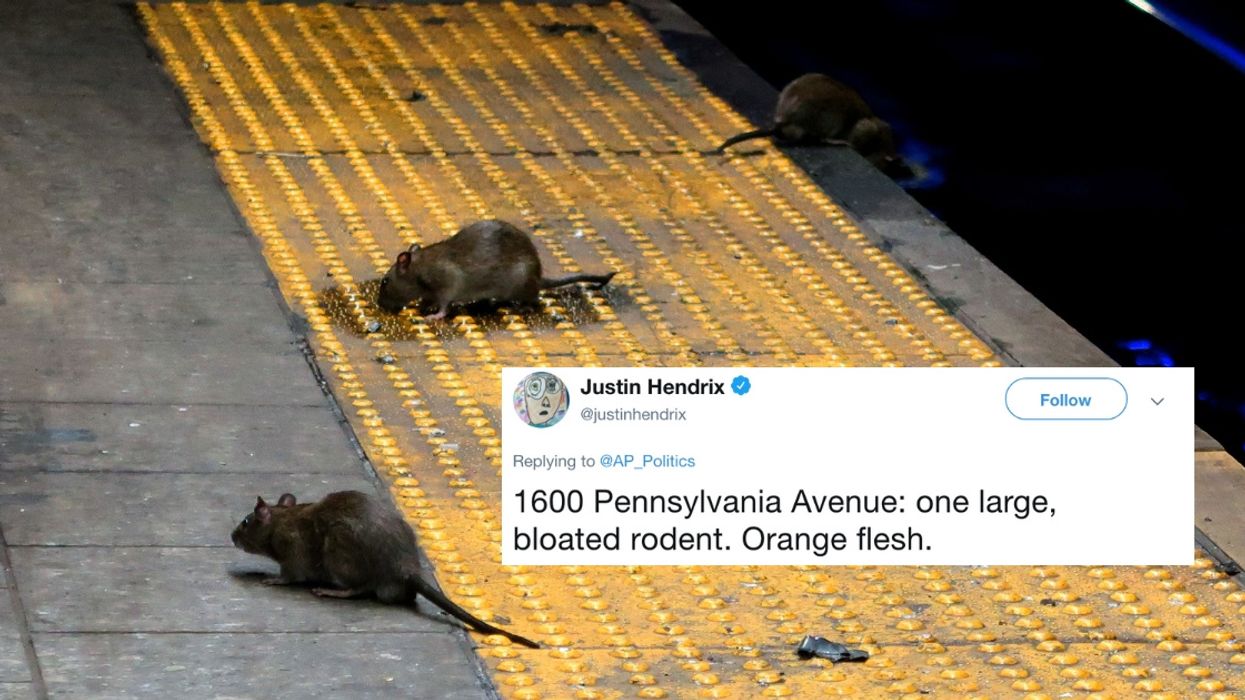






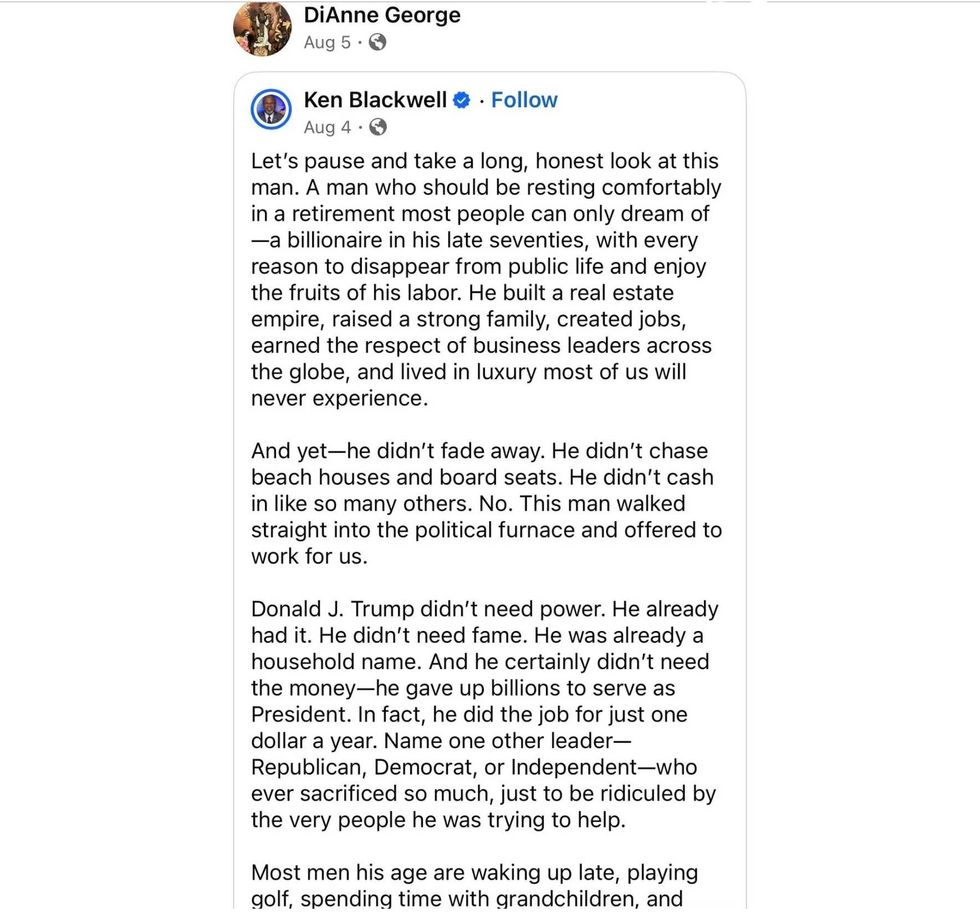 r/LeopardsAteMyFace/Reddit
r/LeopardsAteMyFace/Reddit r/LeopardsAteMyFace/Reddit
r/LeopardsAteMyFace/Reddit r/LeopardsAteMyFace/Reddit
r/LeopardsAteMyFace/Reddit r/LeopardsAteMyFace/Reddit
r/LeopardsAteMyFace/Reddit r/LeopardsAteMyFace/Reddit
r/LeopardsAteMyFace/Reddit r/LeopardsAteMyFace/Reddit
r/LeopardsAteMyFace/Reddit r/LeopardsAteMyFace/Reddit
r/LeopardsAteMyFace/Reddit r/LeopardsAteMyFace/Reddit
r/LeopardsAteMyFace/Reddit r/LeopardsAteMyFace/Reddit
r/LeopardsAteMyFace/Reddit r/LeopardsAteMyFace/Reddit
r/LeopardsAteMyFace/Reddit r/LeopardsAteMyFace/Reddit
r/LeopardsAteMyFace/Reddit r/LeopardsAteMyFace/Reddit
r/LeopardsAteMyFace/Reddit r/LeopardsAteMyFace/Reddit
r/LeopardsAteMyFace/Reddit r/LeopardsAteMyFace/Reddit
r/LeopardsAteMyFace/Reddit r/LeopardsAteMyFace/Reddit
r/LeopardsAteMyFace/Reddit r/LeopardsAteMyFace/Reddit
r/LeopardsAteMyFace/Reddit r/LeopardsAteMyFace/Reddit
r/LeopardsAteMyFace/Reddit r/LeopardsAteMyFace/Reddit
r/LeopardsAteMyFace/Reddit r/LeopardsAteMyFace/Reddit
r/LeopardsAteMyFace/Reddit r/LeopardsAteMyFace/Reddit
r/LeopardsAteMyFace/Reddit r/LeopardsAteMyFace/Reddit
r/LeopardsAteMyFace/Reddit r/LeopardsAteMyFace/Reddit
r/LeopardsAteMyFace/Reddit r/LeopardsAteMyFace/Reddit
r/LeopardsAteMyFace/Reddit r/LeopardsAteMyFace/Reddit
r/LeopardsAteMyFace/Reddit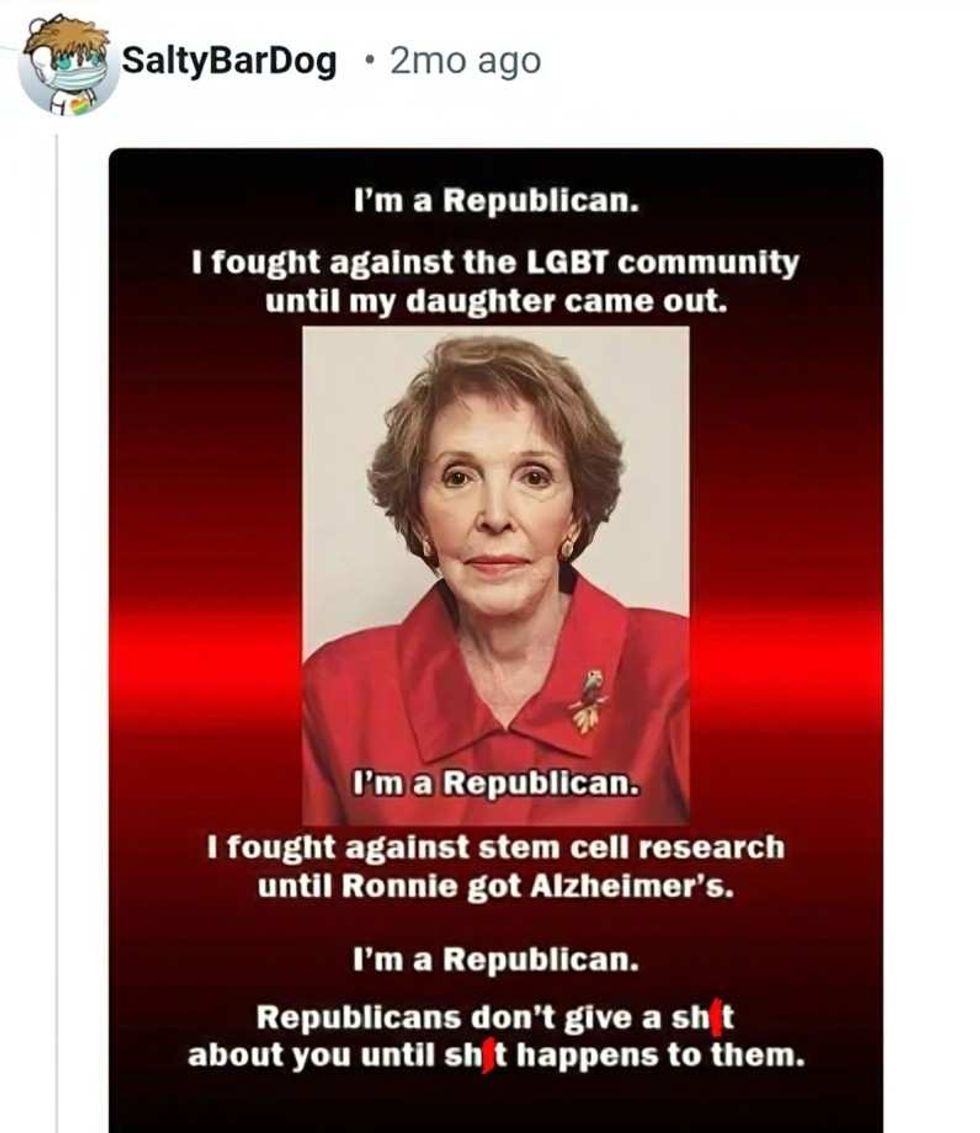 r/LeopardsAteMyFace/Reddit
r/LeopardsAteMyFace/Reddit r/LeopardsAteMyFace/Reddit
r/LeopardsAteMyFace/Reddit r/LeopardsAteMyFace/Reddit
r/LeopardsAteMyFace/Reddit r/LeopardsAteMyFace/Reddit
r/LeopardsAteMyFace/Reddit r/LeopardsAteMyFace/Reddit
r/LeopardsAteMyFace/Reddit r/LeopardsAteMyFace/Reddit
r/LeopardsAteMyFace/Reddit r/LeopardsAteMyFace/Reddit
r/LeopardsAteMyFace/Reddit r/LeopardsAteMyFace/Reddit
r/LeopardsAteMyFace/Reddit r/LeopardsAteMyFace/Reddit
r/LeopardsAteMyFace/Reddit r/LeopardsAteMyFace/Reddit
r/LeopardsAteMyFace/Reddit r/LeopardsAteMyFace/Reddit
r/LeopardsAteMyFace/Reddit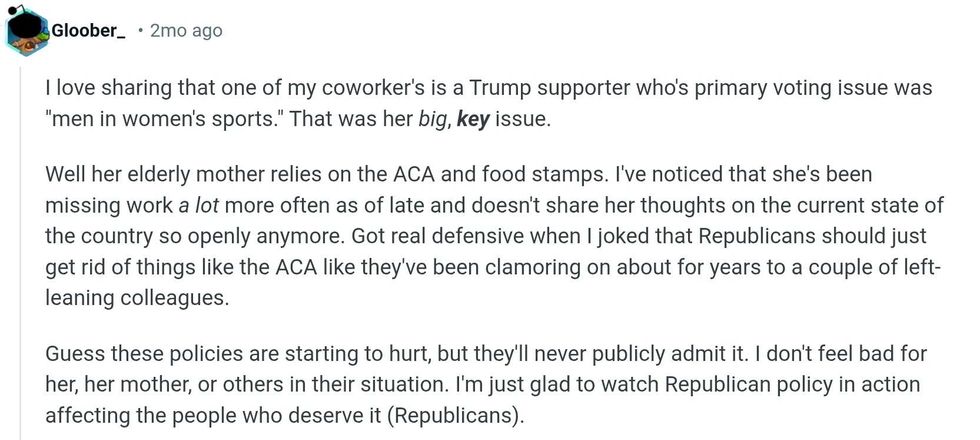 r/LeopardsAteMyFace/Reddit
r/LeopardsAteMyFace/Reddit r/LeopardsAteMyFace/Reddit
r/LeopardsAteMyFace/Reddit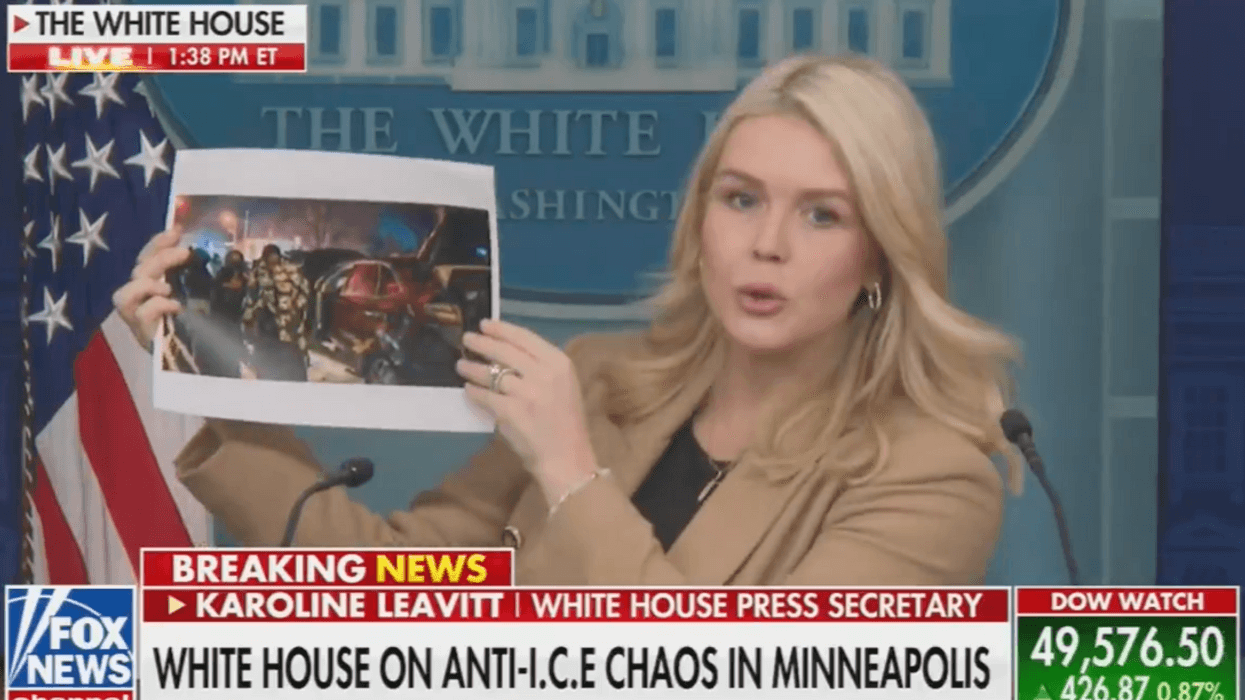
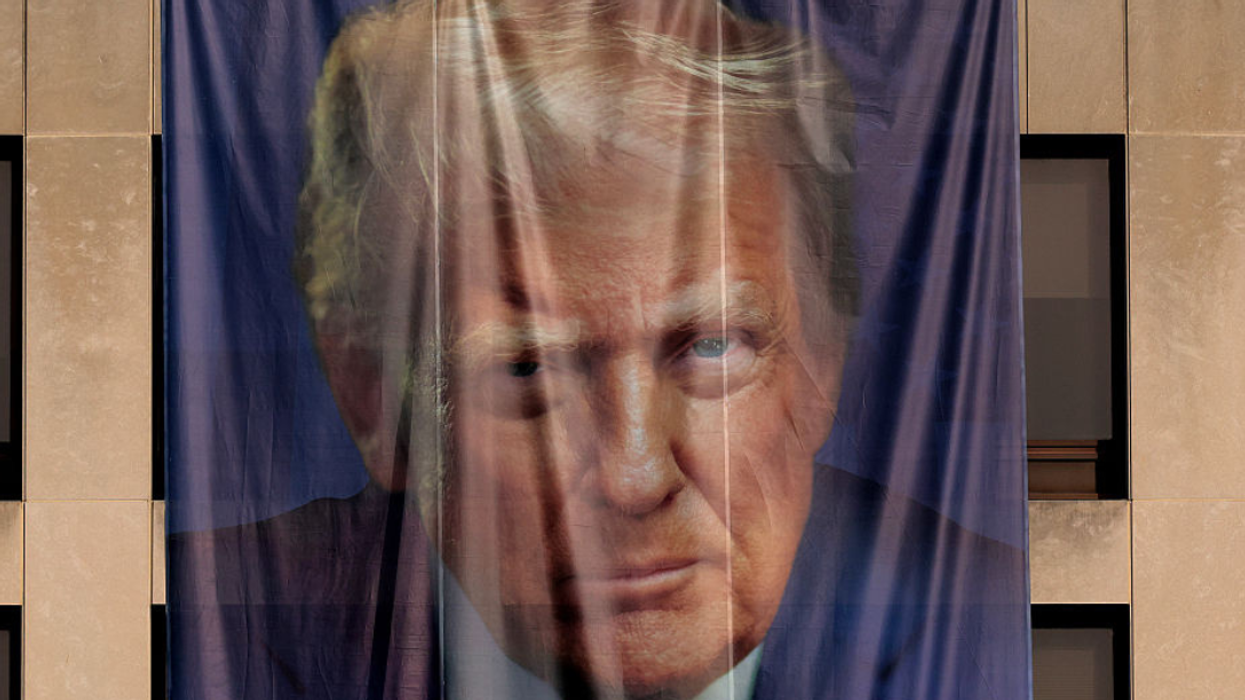


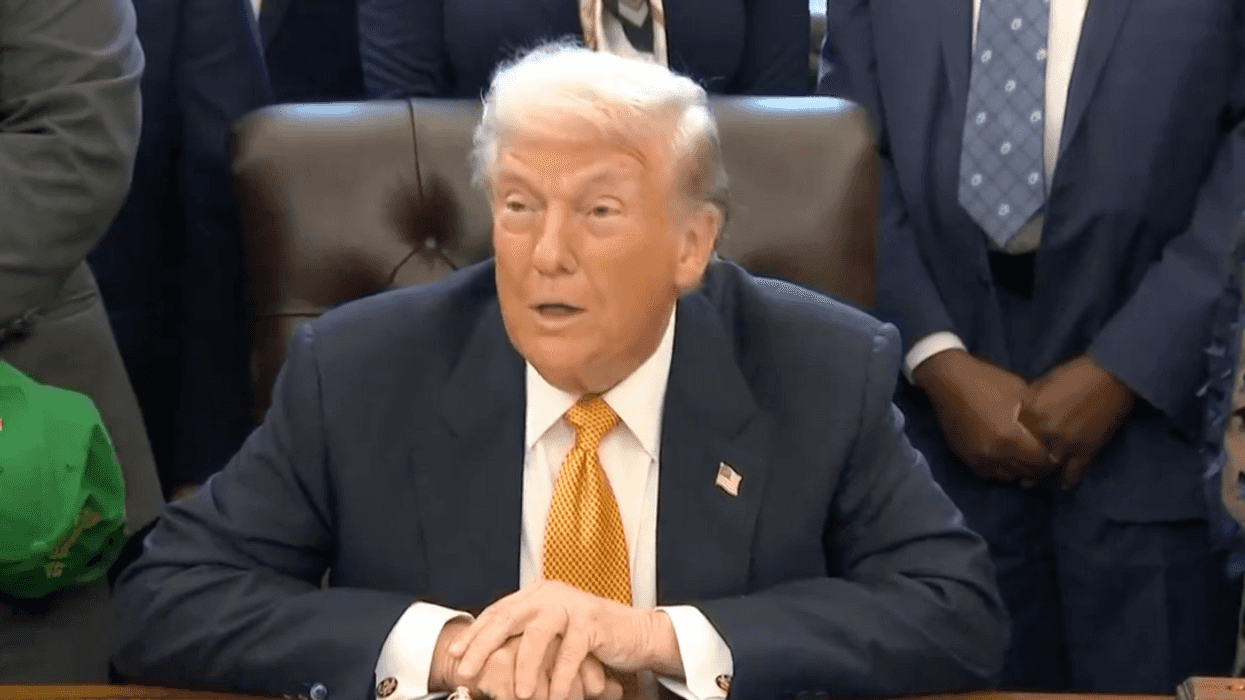


 @meidastouch/X
@meidastouch/X @meidastouch/X
@meidastouch/X @meidastouch/X
@meidastouch/X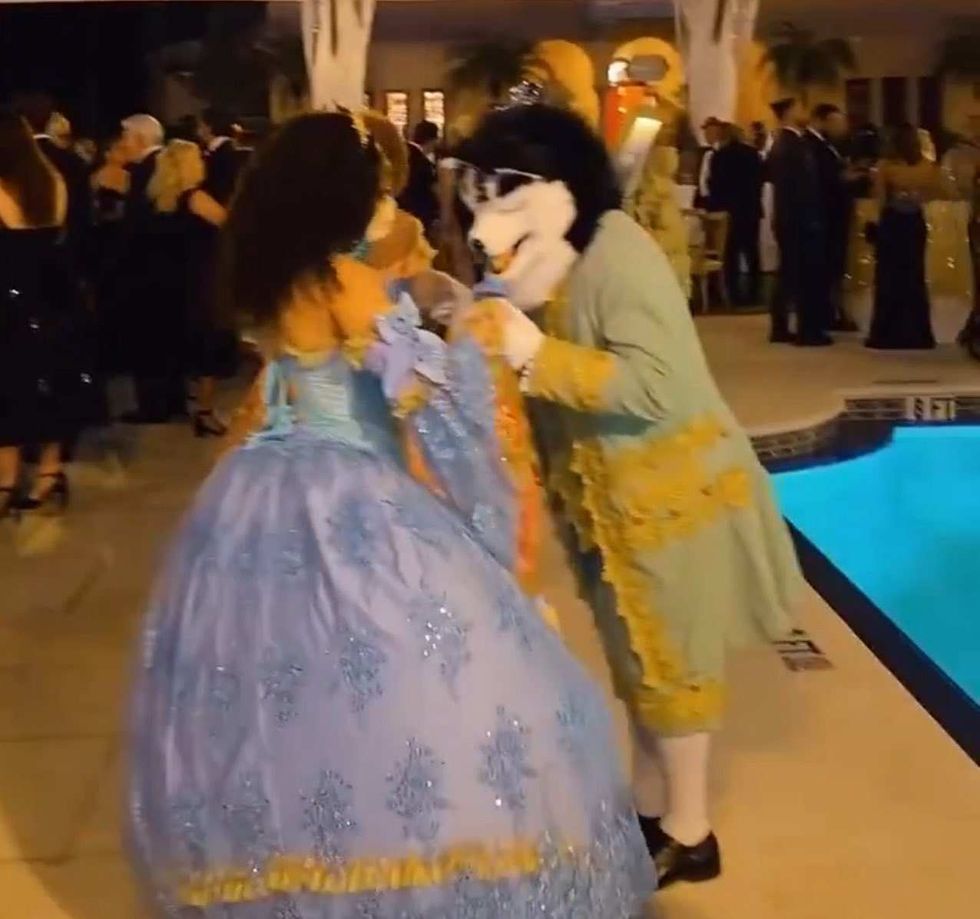 @meidastouch/X
@meidastouch/X

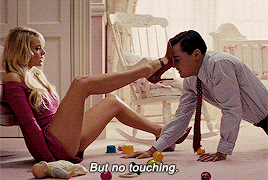 illustrate margot robbie GIF
illustrate margot robbie GIF 
 Bbc One Love GIF by BBC Three
Bbc One Love GIF by BBC Three  Oh Yeah Dancing GIF by Jennifer Accomando
Oh Yeah Dancing GIF by Jennifer Accomando